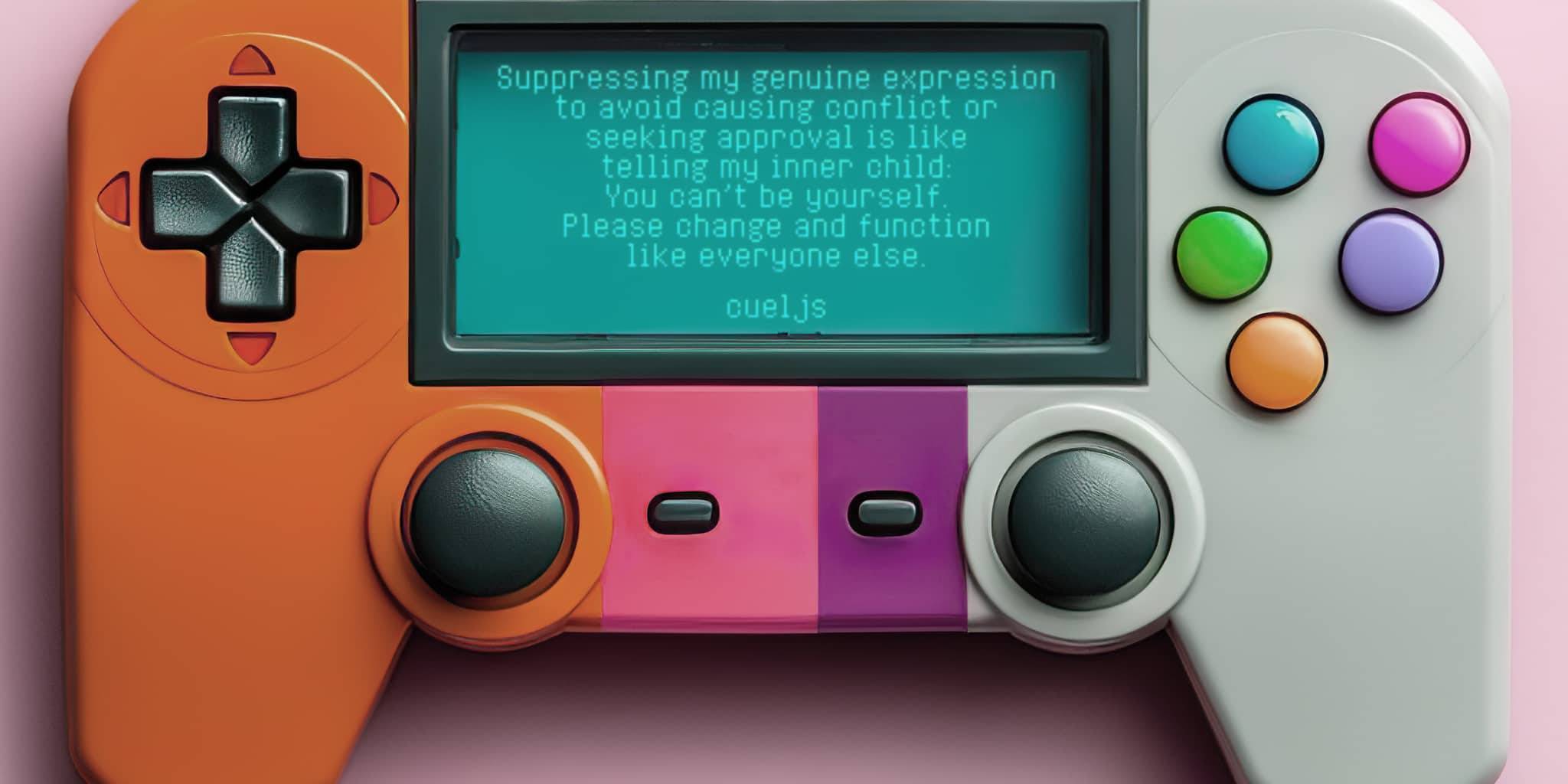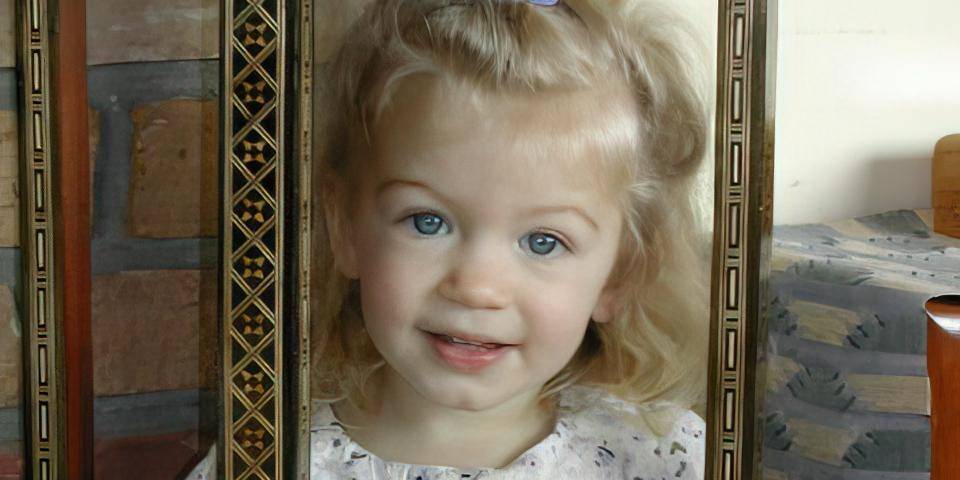Breaking the Loop: The Power of Owning Your Mistakes
We all mess up. Whether it’s snapping at someone we love, dropping the ball at work, or making a promise we couldn’t keep—mistakes are a part of being human. Yet, what really defines us isn’t the error itself, but how we respond to it. Do we acknowledge it, face it head-on, and grow? Or do we deny it, sweep it under the rug, and get stuck repeating the same destructive patterns over and over?
In many ways, owning our mistakes is one of the bravest things we can do. It’s an act of courage that not only shows our willingness to learn and evolve but also serves as a powerful tool for healing. Conversely, refusing to acknowledge our mistakes traps us in a repetitive loop, where life continues to throw the same lessons at us until we’re willing to face the music.
But what does it really mean to “own” a mistake? And why is it so crucial for our growth?
Step 1: Acknowledge Your Humanness
The first step in owning up to a mistake is to realize that making one doesn’t make you a bad person—it makes you human. Too often, we beat ourselves up when we fall short of expectations, believing that a mistake is a sign of weakness or incompetence. But this mindset creates a barrier to growth.
Accepting your humanness is about giving yourself permission to err. Everyone does. It’s part of the package deal of being alive. Whether you’re a seasoned professional, a parent, or a student, slip-ups are inevitable. It’s what you do afterward that matters most.
Mistakes are a part of being human. Yet, what really defines us isn’t the error itself, but how we respond to it.
Step 2: Awareness—Recognizing the Mistake
Once you’ve acknowledged that mistakes are part of the human experience, the next step is becoming aware of when and how you messed up. This means stepping out of denial and really looking at your actions and their impact. It requires honesty, humility, and a willingness to confront some uncomfortable truths.
Awareness is a moment of reckoning: “I did this. I said this. I hurt someone.” It’s not about self-flagellation; it’s about seeing the mistake clearly and without embellishment. This clarity helps you start identifying patterns. Maybe you notice that you tend to lose your temper when you’re stressed or that you overcommit because you’re afraid of saying no. Understanding the why behind your behavior is critical for change.
Accepting your humanness is about giving yourself permission to err. Everyone does. It’s part of the package deal of being alive.
Step 3: Feel the Remorse
Remorse isn’t about wallowing in guilt or shame. Instead, it’s about feeling the emotional impact of your actions. When we hurt others, whether intentionally or not, it’s important to let ourselves feel the weight of that hurt. This might be the hardest part—sitting with the discomfort of knowing we caused pain.
But feeling remorse is key to breaking free from destructive patterns. It’s a sign that your awareness has moved from the head to the heart, creating a genuine desire to make amends and avoid repeating the mistake in the future.
Step 4: Apologize (If Necessary)
There are times when our mistakes don’t just affect us—they ripple out and impact those around us. In these cases, a sincere apology is a necessary step in the process of owning up. Saying “I’m sorry” isn’t just about the words; it’s about conveying that you truly understand how your actions affected the other person. It’s acknowledging their pain, taking responsibility, and showing that you’re committed to doing better.
Apologizing can feel daunting because it requires vulnerability. It means dropping the defenses and risking rejection or backlash. But a genuine apology can be transformative. It allows both parties to release the emotional charge around the mistake and move forward. The apology, when heartfelt, is not about seeking forgiveness; it’s about making the other person feel seen and respected.
Feeling remorse is key to breaking free from destructive patterns.
Step 5: Identify and Address the Pattern
Owning a mistake goes beyond saying sorry. It’s about doing the inner work to understand the root cause of your actions. Once you become aware of the pattern, you can start unraveling it. Ask yourself: What need was I trying to meet when I did this? What belief or fear was driving my behavior?
For example, if you snapped at a loved one, was it because you felt overwhelmed and under-supported? If you broke a promise, were you afraid of confrontation and overcommitted out of fear? This kind of introspection is uncomfortable but necessary if you want to make real, lasting changes. When you own your mistake, you own the pattern—and that’s when you can finally change it.

The Repetition Trap: Why Not Owning Up Keeps You Stuck
When you refuse to acknowledge your mistakes, you’re essentially turning a blind eye to the opportunity for growth. Ironically, this sets you up for a repetitive loop, as life (or karma, or the universe—whatever you believe in) will keep bringing you the same lesson until you learn it.
Think about it: have you ever noticed a pattern in your life, where the same kind of problem or conflict keeps cropping up? Maybe you always attract the same type of partner who doesn’t respect your boundaries, or perhaps you find yourself constantly overwhelmed and burned out at every job. This isn’t a coincidence. It’s a sign that there’s a lesson here you haven’t yet faced.
The universe doesn’t play favorites, nor is it cruel or vengeful. It simply gives us what we need to grow, even if that means repeating a tough lesson over and over again until we get it. Owning your mistakes is like unlocking the door to a new path—one where you don’t have to keep reliving the same pain.
When you own your mistake, you own the pattern—and that’s when you can finally change it. Owning your mistakes is like unlocking the door to a new path—one where you don’t have to keep reliving the same pain. Owning your mistake is a process of liberation.
Emotional Entanglement: The Cost of Not Owning Up
Refusing to take responsibility for your mistakes doesn’t just keep you stuck; it also entangles others in an emotional loop. When we don’t own up, we leave unresolved emotions in our wake—hurt, confusion, anger—that linger long after the event itself. This creates emotional baggage, not just for us, but for everyone involved.
Let’s say you made a thoughtless comment that hurt a friend, but instead of acknowledging it, you brushed it off. Your friend might not confront you about it, but the hurt doesn’t just disappear. It festers, creating an invisible wall between you. Over time, resentment builds. Trust erodes. And suddenly, a small mistake has grown into a massive barrier.
By contrast, when you own up to your actions and apologize, you allow both yourself and the other person to process and release the emotions around the incident. It doesn’t erase the mistake, but it prevents it from taking root and poisoning the relationship.
Moving On: Owning It Means Letting It Go
Owning your mistake is a process of liberation. Once you’ve taken responsibility, felt the remorse, apologized, and done the work to understand the pattern, it’s time to let it go. This doesn’t mean forgetting it entirely—it means releasing the guilt, shame, and self-judgment that keep you chained to the past.
When you own a mistake, you free yourself to grow. You create space for new patterns and healthier behaviors to emerge. You break the cycle of repetition and step into a future where you’re not haunted by your past but guided by the lessons you’ve learned.
So, if you’ve messed up—own it. Not because you’re a bad person, but because you’re human. Because you’re brave enough to face yourself, to feel, to learn, and to grow.
You may also like
The high cost of loosing our inner child
Our inner child represents the vulnerable and authentic…
Can I get my hair wet? – part 1 – How we lose control over our own bodies and minds
It was a hot summer day when I decided to get on my bike…
Someday I will be happy – When words destroy togetherness
"Someday I will be happy," he said. Lying on the bed, he…




